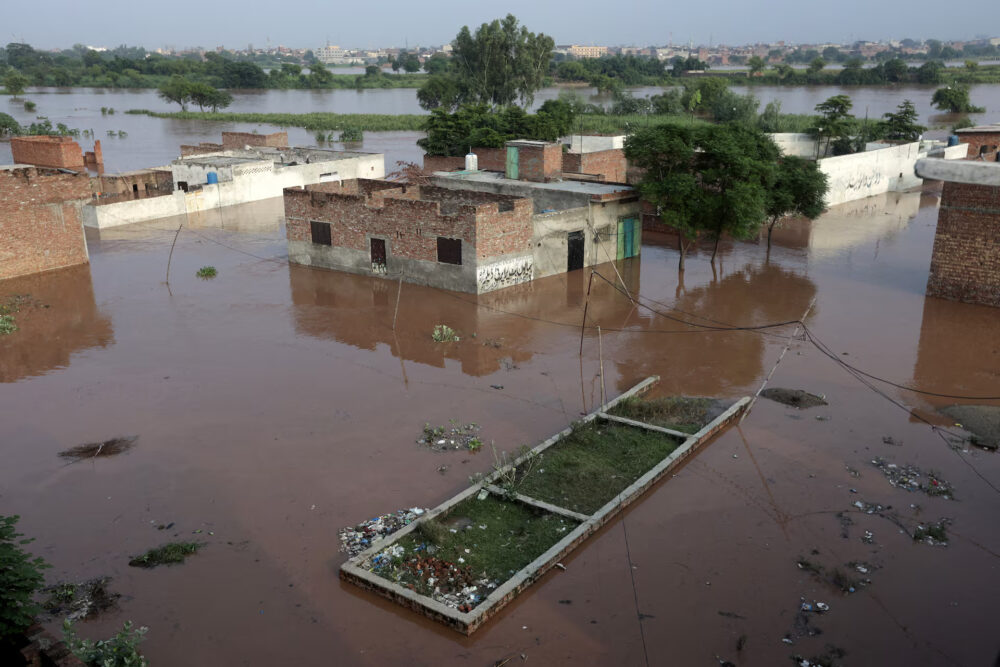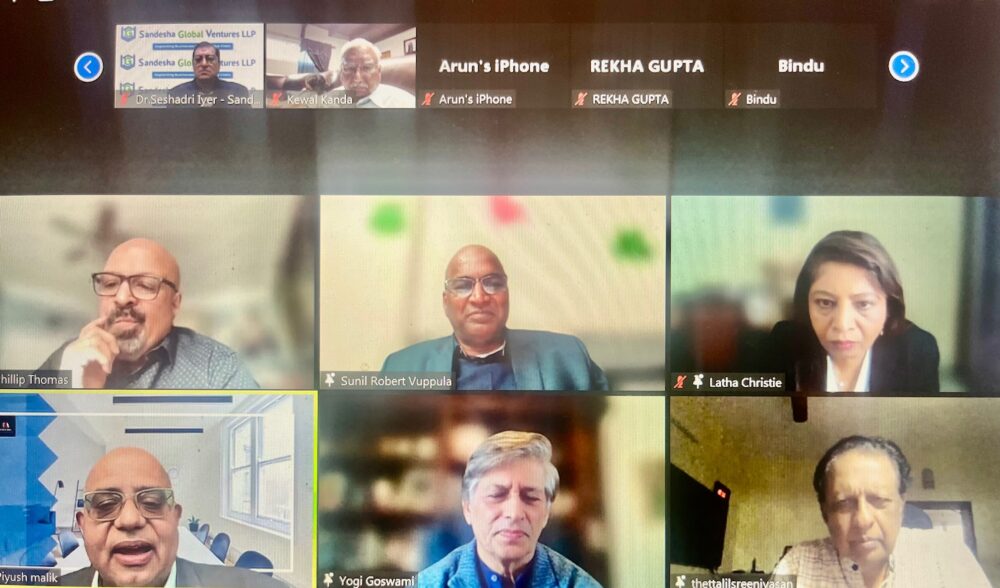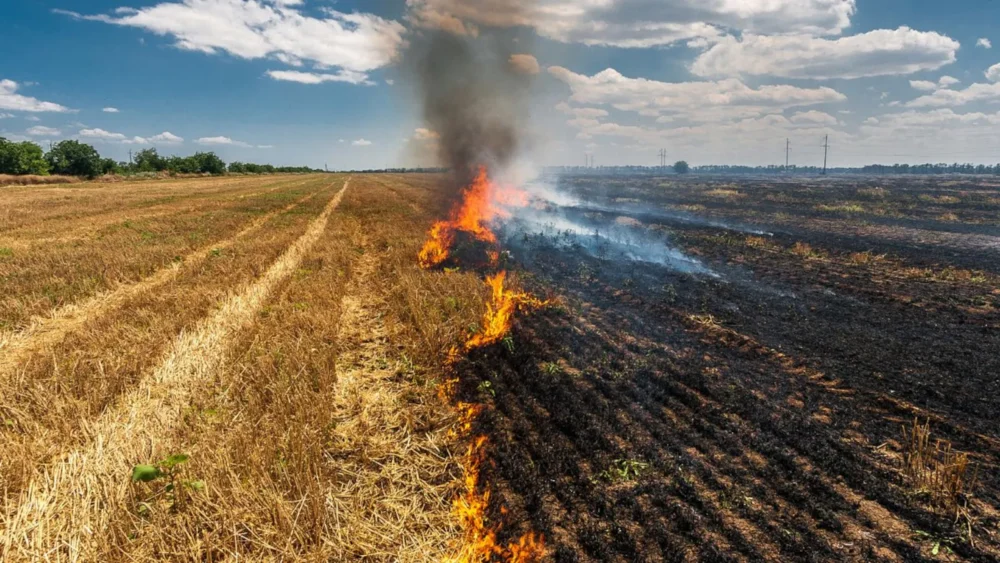This year, Pakistan has faced one of the most devastating flood seasons in decades. What began as heavy monsoon rains quickly turned into a national emergency, with millions displaced and farmlands swallowed by overflowing rivers. But beyond nature’s fury, political tensions and broken agreements have made the crisis even worse.
A Flood Unlike Any Other
The monsoon rains have hit with record intensity, pushing rivers like the Ravi, Sutlej, and Chenab past their limits. Punjab, Pakistan’s agricultural heartland, has taken the brunt of the flooding, with entire villages submerged and families forced to abandon their homes.
While floods are nothing new in South Asia, this disaster has been magnified by the collapse of infrastructure and the suspension of vital cross-border water agreements. Without timely sharing of river flow data, Pakistan had little time to prepare or evacuate residents before the deluge struck.
Human Cost of the Crisis
- Mass evacuations: More than a million people have been forced to leave their homes.
- Rising death toll: Hundreds of lives have been lost as floodwaters swept through villages and towns.
- Agricultural devastation: Crops ready for harvest have been destroyed, threatening food supplies and farmer livelihoods.
- Urban impact: Cities like Lahore have seen surrounding districts submerged, creating chaos in both rural and urban areas.
The Bigger Picture
The floods highlight the growing intersection of climate change, politics, and human vulnerability. Changing weather patterns are making monsoons more unpredictable and extreme. At the same time, strained diplomatic ties have reduced cooperation on water management, leaving millions more exposed to risk.
A Call for Resilience
Pakistan’s latest flood disaster serves as a sobering reminder: climate challenges cannot be managed in isolation. Stronger disaster preparedness, better infrastructure, and renewed cross-border cooperation will be essential to protect communities in the years ahead.















